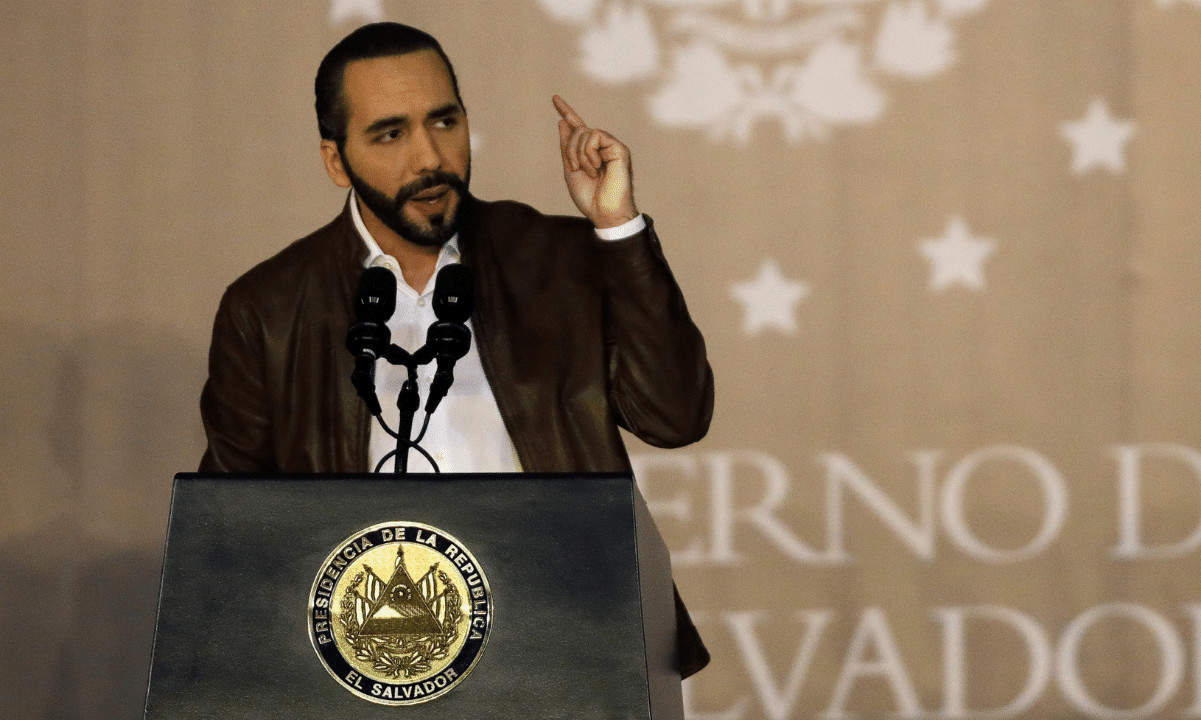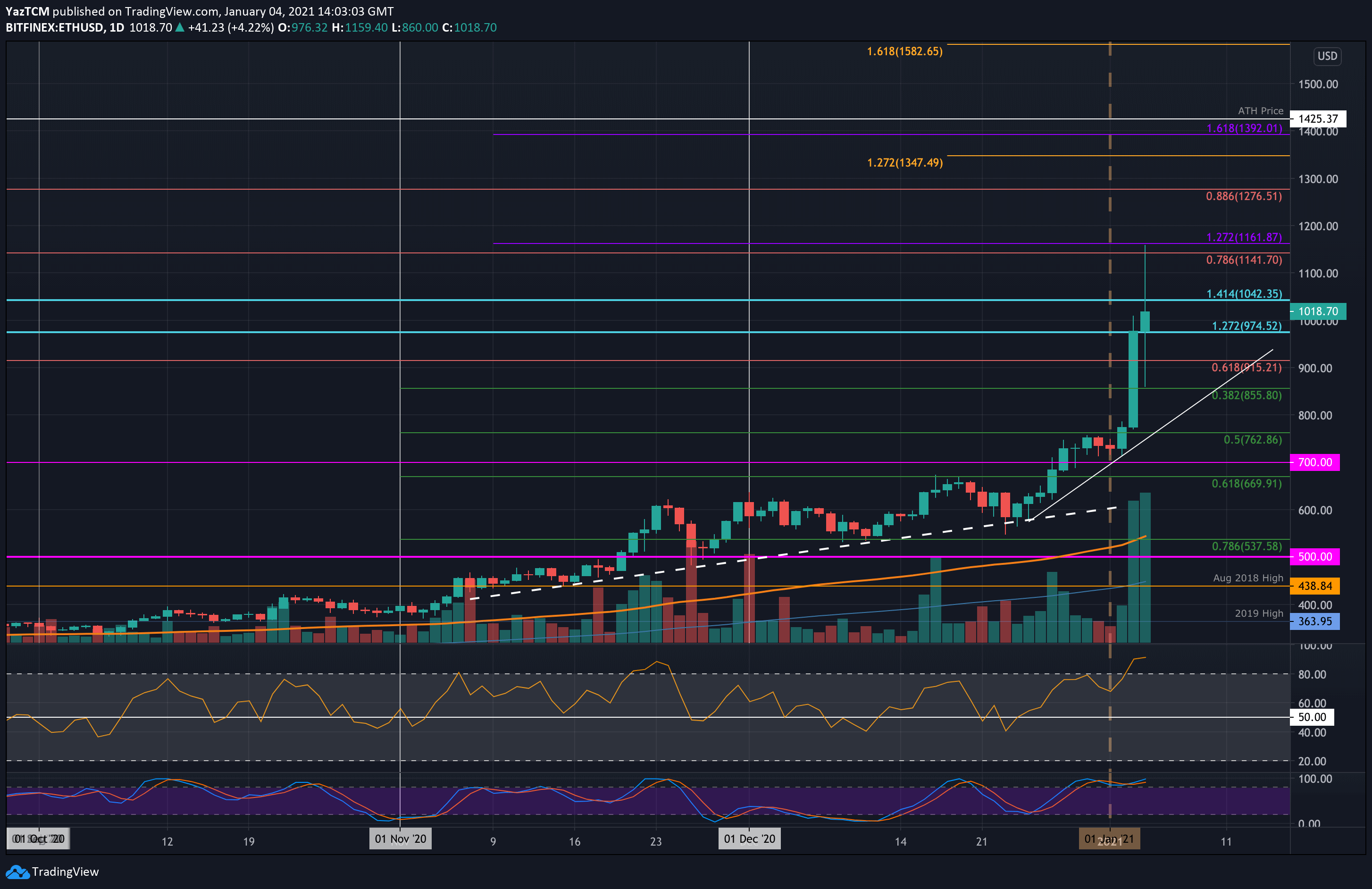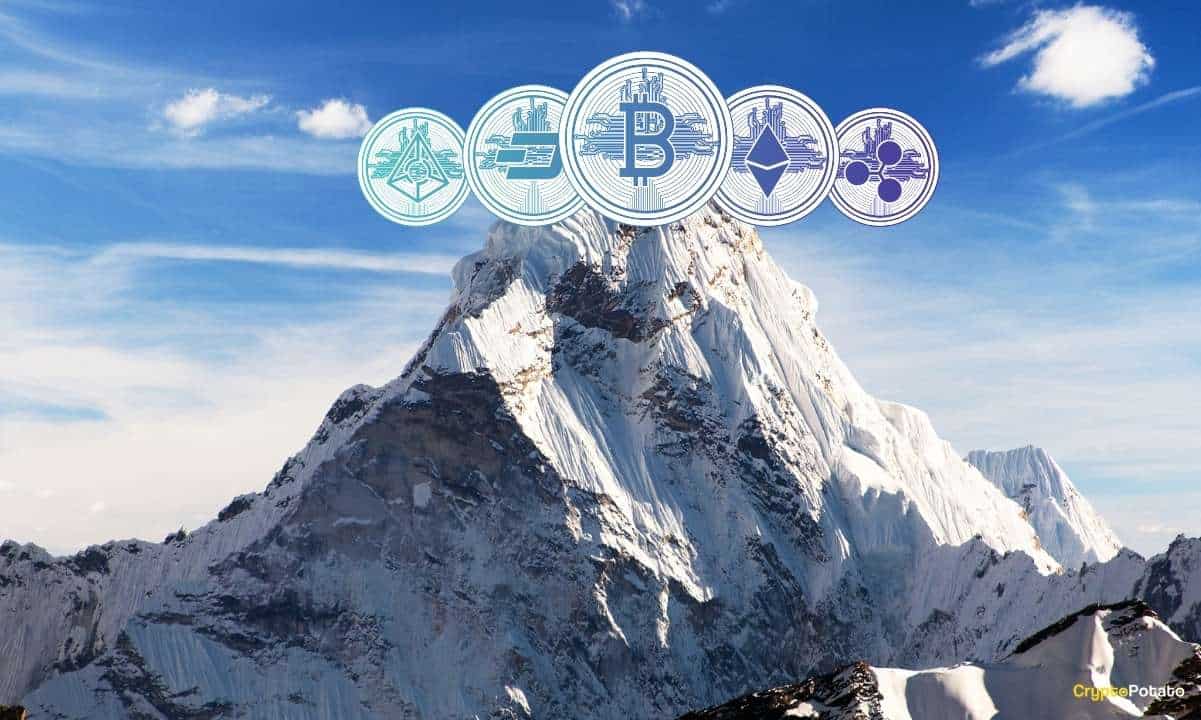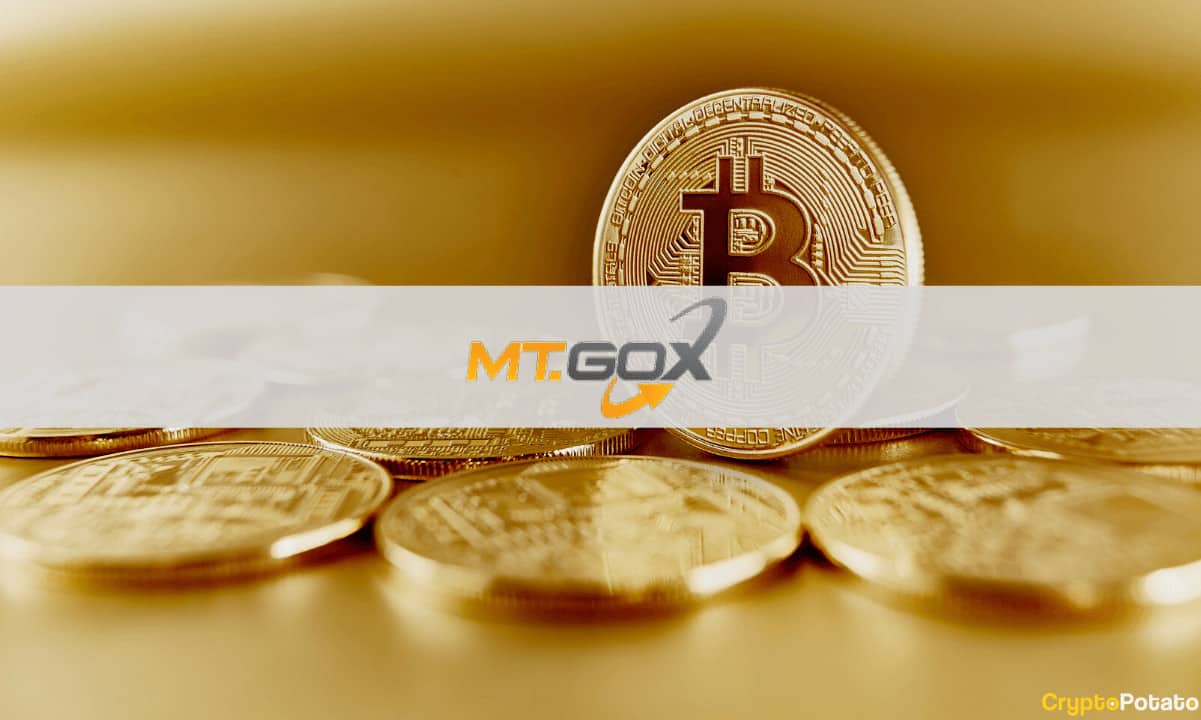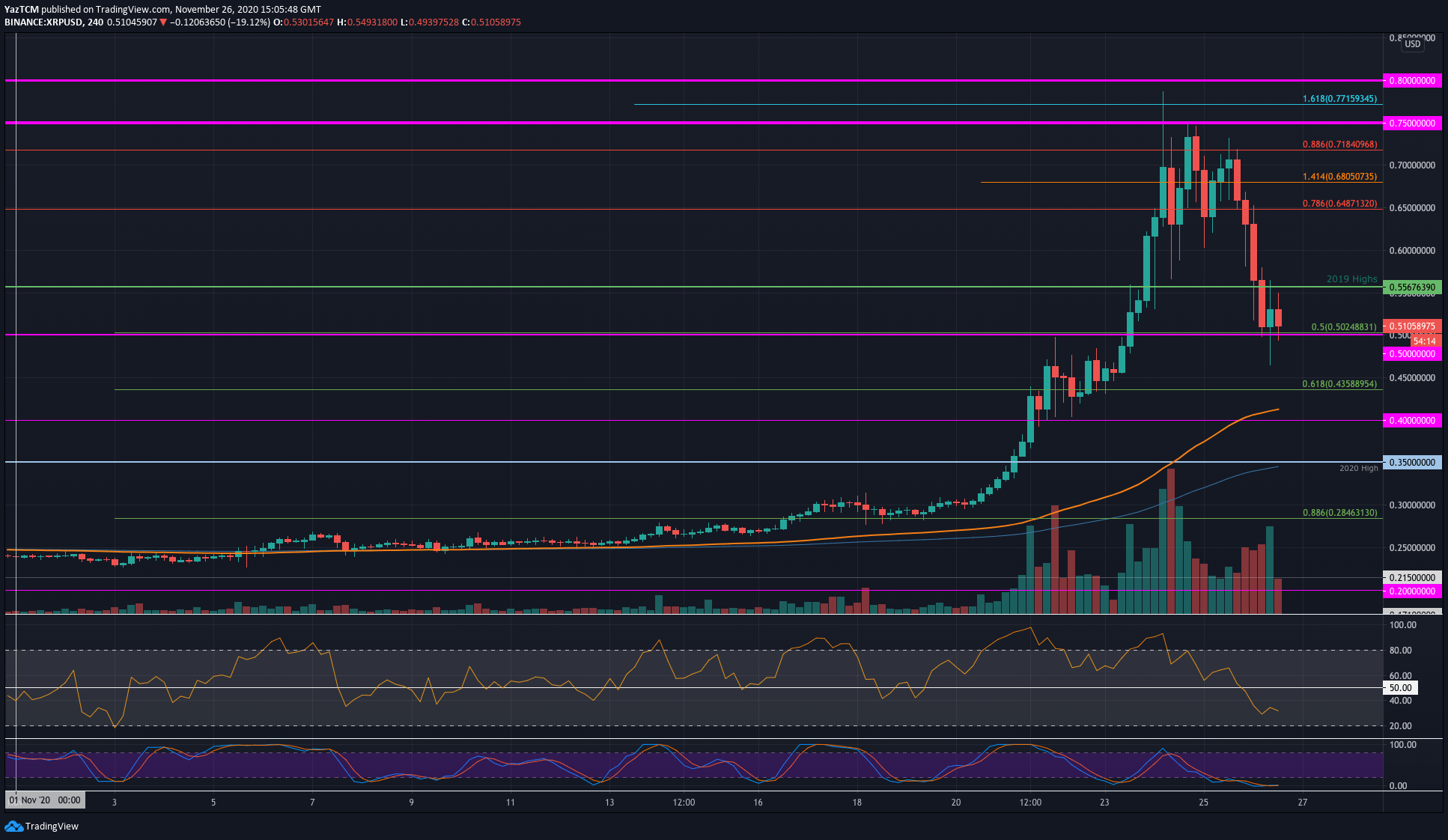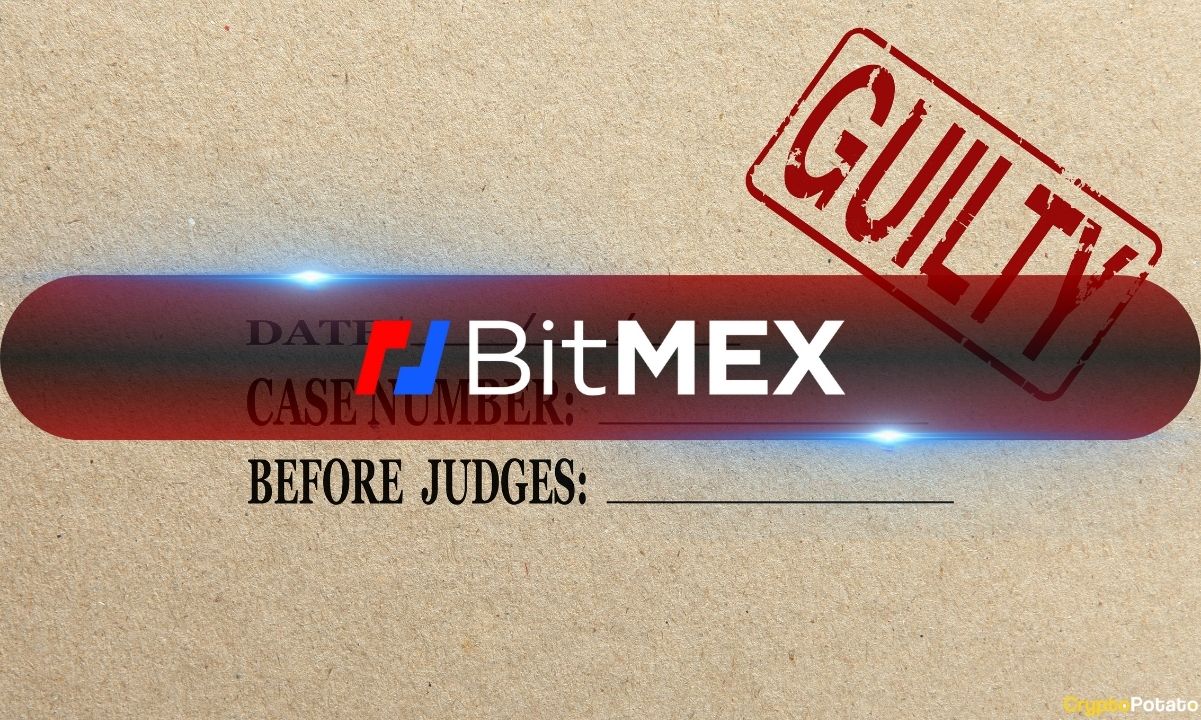Ethereum Base Fee Collapse Causes ETH Burn to Fall Drastically
The Ethereum network is currently experiencing its lowest level of ETH burning this year. Data suggests that the base fee briefly tumbled to a multi-year low of almost 0.8 Gwei.
This significant drop in base gas fees has led to a reduction in ETH issuance, with only 210 ETH burned on August 10th, which represented a record low for 2024, according to ‘Ultra sound Money.’
This is a huge drop from the figure recorded on August 5, when base fees spiked to around 100 Gwei, causing the daily ETH burn to soar to 5,000 ETH. As a result of these low gas fees, the network’s inflation rate has surged, with net ETH emissions surpassing 2,000 ETH.
Gas Limit Increase Amid Low ETH Burn
In response to this inflationary trend, Gnosis founder Martin Köppelmann has proposed temporarily raising the gas limit to increase Layer 1 activity.
In his latest tweet, Köppelmann noted that the base fee is currently at a multi-year low of around 0.8 Gwei, while a base fee of 23.9 Gwei would be necessary to offset staking rewards. Despite seeming “counterintuitive,” he said that increasing the gas limit could be part of a broader strategy to address this issue.
“Basefee right now at a multi-year low of ~0.8 GWEI. 23.9 would be required to offset staking rewards. IMO Ethereum needs to get more L1 activity again and even if it sounds counterintuitive at such low rates, raising the gas limit can be part of a strategy.”
Ethereum Gas Fee Plunges Below 1 Gwei
The gas fee – the total amount paid to execute a transaction on the Ethereum network, including both the base and any additional priority fee – also briefly dropped to 0.979 Gwei during the weekend.
The latest figures reflect the effects of the London hard fork (EIP-1559), introduced in August 2021, which implemented a mechanism for burning the base fee to reduce the supply of ETH.
The current decrease in gas fees is primarily due to users migrating to Layer 2 scaling solutions and the adoption of blob transactions from the Dencun upgrade in March, which have significantly reduced costs on Layer 2 networks.
The post Ethereum Base Fee Collapse Causes ETH Burn to Fall Drastically appeared first on CryptoPotato.


